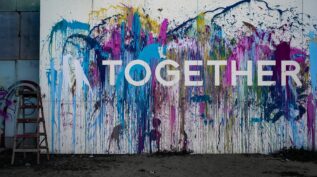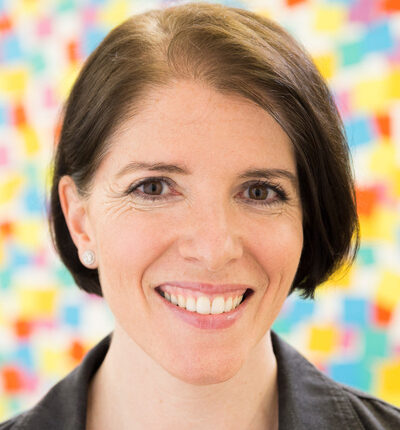2023 Family Philanthropy Leadership Retreat
Posted on April 19, 2023 by Susan Stamerjohn, Michelle Tremillo, Alejandro Foung, Dr. Jason Franklin, Jonathan Brack, Sandra Fluke, Tonya Allen, Diego Zegarra, Sue Banerjee, Catherine Maddox Walton

Nadia is a co-creator, social entrepreneur, educator, coach and consultant. She is passionate about developing a more equitable, creative, strategic, collaborative, and impactful social sector. She is the Senior Designer with Stanford’s Hasso Plattner Institute of Design’s (the d.school) Designing for Social Systems Program. At Stanford, Nadia focuses on helping philanthropists, nonprofit leaders, and public servants become more strategic, creative and effective. She has co-designed curriculum that integrates design thinking, systems thinking, and strategic planning to help organizations better scope the challenges they want to address, engage end-users, increase intra-organizational creativity, and incorporate radical collaboration.
Nadia works with several philanthropy and donor serving organizations, such as The Philanthropy Workshop, Schwab Charitable, and the Bill and Melinda Gates Foundation, to help donors increase their philanthropic focus and impact. Between 2015-19, Nadia co-Founded and Directed Stanford University’s Effective Philanthropy Learning Initiative (EPLI), which aims to help high net worth individuals increase their philanthropic impact. Prior to launching EPLI, Nadia was an inaugural d.school fellow in 2012, and in 2014 was named the Walter and Esther Hewlett Design Fellow with Stanford PACS where she focused on the intersection of philanthropy and design.
Over the past two decades she has launched several organizations and initiatives including the Initiative for Policy Dialogue (IPD) with Nobel Laureate Joseph Stiglitz at Columbia University; the Women Leaders Intercultural Program with Ireland’s former President Mary Robinson; Global Policy Innovations Program at the Carnegie Council on Ethics and International Affairs (CCEIA); the Building Bridges Program at the Doris Duke Charitable Foundation; and the American Muslim Civic Leadership Institute (AMCLI) at the University of Southern California.
Nadia received her BA in economics and international relations from Stanford University and her MA in international affairs from Columbia University’s School of International and Public Affairs. She is a Board Member of the El Hibri Foundation and KQED.



We’re here to equip you with the tools you need to make a meaningful impact. Contact NCFP for support.
Keep up with trends in family philanthropy. Subscribe to our newsletter.
Gain access to personalized support and a network of peers. Join our community!

